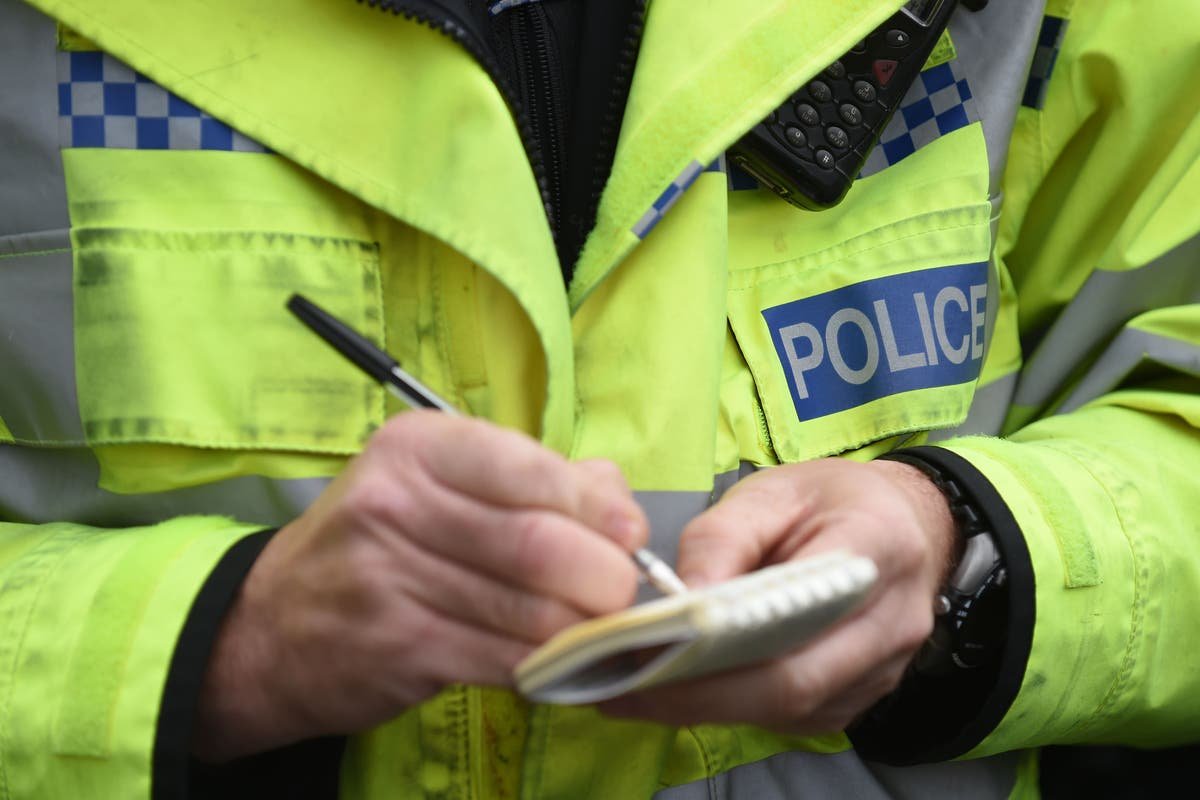
Half of staff on rape investigation teams are not fully qualified and are still training, police inspectors have warned.
A progress review of nine forces who have adopted a new model to transform the way police respond to rape and sexual offences – known as Operation Soteria – found major changes are still needed to make it a success on a national scale.
A report from His Majesty’s Inspectorate of Constabulary and Fire & Rescue Services (HMICFRS) found Operation Soteria has made positive cultural changes but rape cases are still taking too long to reach trial.
Inspectors found victims were waiting two years for cases to reach the courts amid backlogs, but in two of the forces the delays were up to four years.
In nearly every force inspected, half of rape investigation teams were not fully qualified and were still in training.

The report also found some police forces are not effectively monitoring pre-charge bail conditions, such as banning a suspect from contacting a victim, and the conditions are not always sufficient to deter suspects from breaching them.
In addition, only half of staff spoken to by inspectors understood how to use protective orders effectively, such as sexual harm prevention orders.
They also found many Rape and Serious Sexual Offences (RASSO) teams are overstretched and there is insufficient funding for victim services.
Operation Soteria is an unprecedented programme designed to transform how the police handle rape and serious sexual offences.
It aims to lead to better outcomes for victims, including through the use of intelligence, analysis and digital forensics.
His Majesty’s Inspector of Constabulary Michelle Skeer said: “For too long, victims of rape and serious sexual offences have been failed by the criminal justice system. Many struggle to come forward, out of fear of not being believed or being unable to access support.
“It is crucial the police respond effectively to these devastating crimes. That’s why Operation Soteria sets out a new approach and model in response, grounded in decades of research examining policing practice.
“Out of nine forces inspected so far, early signs of positive progress are being seen. For instance, new training is helping investigators understand victims and their response to trauma. Under Soteria, investigators also assess the wider context of a crime, including intelligence about the RASSO suspect and digital evidence.
“But improvements are required to ensure Operation Soteria is implemented effectively. For example, some leaders didn’t fully understand Soteria or the benefits it can offer.
“We found resource gaps in digital forensics, analysis, victim support and investigation teams. In most forces we inspected, half of their rape investigation team roles are held by trainees.”

In the report, the inspectorate made 14 recommendations to chief constables, the National Police Chiefs Council, the College of Policing and others.
These include making sure that forces have the right resources to identify and disrupt suspects and changing funding arrangements to make sure there is enough support for all victims of these crimes.
The inspector added: “We recognise that forces are trying to make things better while dealing with high demand and limited resources. This is alongside the short-term funding for the Soteria Joint Unit and cases often taking too long to reach trial.
“However, even with all these challenges, Soteria presents a major opportunity for the criminal justice system. We must keep up the momentum towards change and give victims the service they deserve.”
Chief Constable Sarah Crew, Operation Soteria’s senior responsible officer, said: “I am pleased to see that this first HMICFRS report found Soteria to be a true ‘game-changer’ for policing.
“It is important to note that we were at an early stage of implementation at the time of the inspection and, while the signs are positive and strong, we still have much to do to transform.
“Force problem profiles still need to be improved, Early Advice from CPS isn’t used consistently, and we continue to have a shortage of RASSO trained detectives although we are offering increased support and advice for these challenges and the College of Policing are working to provide appropriate, timely, training to all involved in this area of policing.”
A Home Office spokesperson said: “This government will make sure victims of rape or sexual abuse get the justice they deserve.
“While we welcome the progress being made, in far too many cases victims are being let down. That’s why it is so important that the police continue to make long-lasting improvements and put perpetrators behind bars.
“We will carefully consider the recommendations made in this report and work with the police to make the changes victims deserve.”






